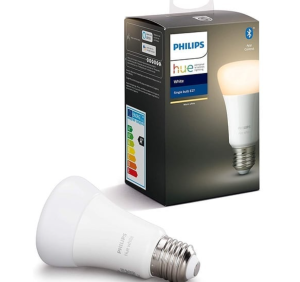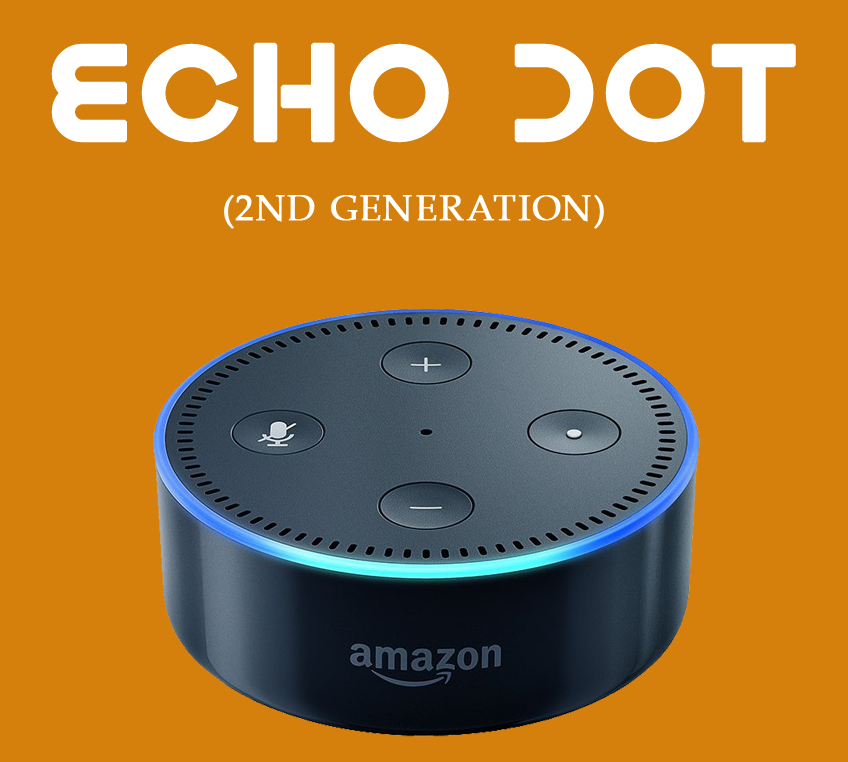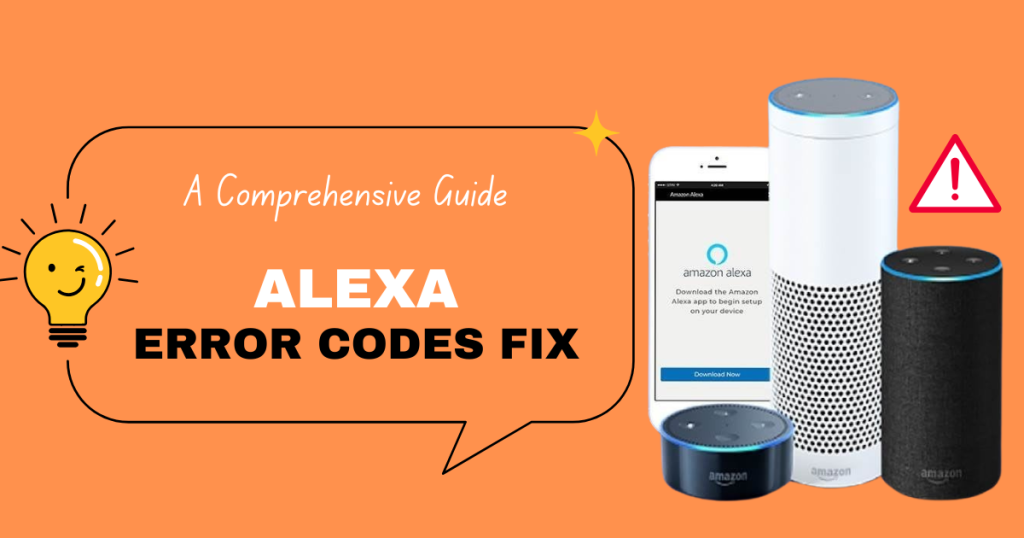Philips Hue bulbs have revolutionized smart lighting with their impressive longevity and efficiency. As smart home technology becomes increasingly popular, understanding the lifespan of these bulbs is crucial for consumers looking to make informed choices about their lighting solutions.

Contents
Lifespan of Philips Hue Bulbs
Philips Hue bulbs are designed to last significantly longer than traditional incandescent bulbs. Here’s a detailed look at their lifespan across different generations:
First Generation:
- Lifespan: 15,000 hours
- Usage Estimate: These bulbs can last approximately 6 to 7 years with an average daily use of 6 hours. This is already a substantial improvement over the typical incandescent bulbs, which only last between 1,000 to 2,000 hours.
Second and Third Generations:
- Lifespan: 25,000 hours
- Usage Estimate: With the same average daily use of 6 to 7 hours, these bulbs can last about 12 to 13 years. This enhancement in lifespan makes Philips Hue bulbs a more durable and cost-effective choice for long-term use.
In comparison, the longevity of Philips Hue bulbs far exceeds that of traditional incandescent bulbs, highlighting the efficiency and innovation behind these smart lighting solutions.
Factors Affecting Lifespan
Several factors can influence the actual lifespan of Philips Hue bulbs. Understanding these can help in maximizing the longevity and performance of your bulbs:
- Environment: Philips Hue bulbs are designed to operate within a specific temperature range. Exposure to extreme temperatures, whether too hot or too cold, can reduce their lifespan. It’s crucial to install these bulbs in environments that stay within the recommended temperature range.
- Electrical Surges: Power surges can significantly impact the lifespan of any electronic device, including Philips Hue bulbs. Using surge protectors can help mitigate this risk and ensure the bulbs last longer.
- Faulty Bulbs: While Philips is known for its quality control, there can occasionally be defective bulbs. Fortunately, these are covered under warranty, and defective bulbs can be replaced to ensure continued performance.
- Enclosure: Using Philips Hue bulbs in enclosed fixtures can cause them to generate excess heat, which may shorten their lifespan. Ensuring adequate ventilation can help maintain optimal operating temperatures and prolong the life of the bulbs.
Generational Improvements
Philips has made significant improvements in their Hue bulbs over the years, enhancing both their performance and lifespan. Here’s a brief overview of the generational advancements:
- First Generation (2012): These bulbs offered a standard lifespan of 15,000 hours, which was already a significant improvement over traditional bulbs.
- Second Generation (2015): With this generation, Philips introduced enhancements in brightness and extended the lifespan to 25,000 hours. This generation set a new standard for smart lighting.
- Third Generation: The latest generation of Philips Hue bulbs not only maintained the impressive 25,000-hour lifespan but also improved color richness and overall performance. These enhancements make the bulbs more versatile and effective in a variety of lighting scenarios.
Practical Benefits of Long-Lasting Bulbs
The extended lifespan of Philips Hue bulbs offers numerous practical benefits for users:
- Cost Savings: Although Philips Hue bulbs have a higher upfront cost compared to traditional bulbs, their long lifespan means you won’t need to replace them as frequently. Over time, this results in significant cost savings.
- Energy Efficiency: Philips Hue bulbs are designed to be energy-efficient, consuming less power while providing excellent lighting. This not only helps in reducing electricity bills but also contributes to environmental sustainability.
- Convenience: The long lifespan of these bulbs means fewer replacements, providing convenience and reducing maintenance efforts. This is particularly beneficial in hard-to-reach areas or fixtures that are not easily accessible.
- Smart Features: Philips Hue bulbs come with smart features that allow you to control your lighting through mobile apps, voice commands, and automated schedules. These features enhance convenience and provide a modern lighting experience.
Conclusion
Philips Hue bulbs offer an impressive lifespan, far exceeding that of traditional incandescent bulbs. With proper usage and consideration of environmental factors, these bulbs can provide reliable and efficient lighting for many years. Their longevity, coupled with smart features and energy efficiency, makes Philips Hue bulbs a superior choice for modern homes looking to embrace smart lighting solutions.
Whether you’re looking to save on long-term costs, reduce your environmental footprint, or simply enjoy the convenience of smart lighting, Philips Hue bulbs are an excellent investment. By understanding their lifespan and how to maximize it, you can make the most of your smart lighting system.
For more detailed information on Philips Hue bulbs and their lifespan, you can visit the original article here.




